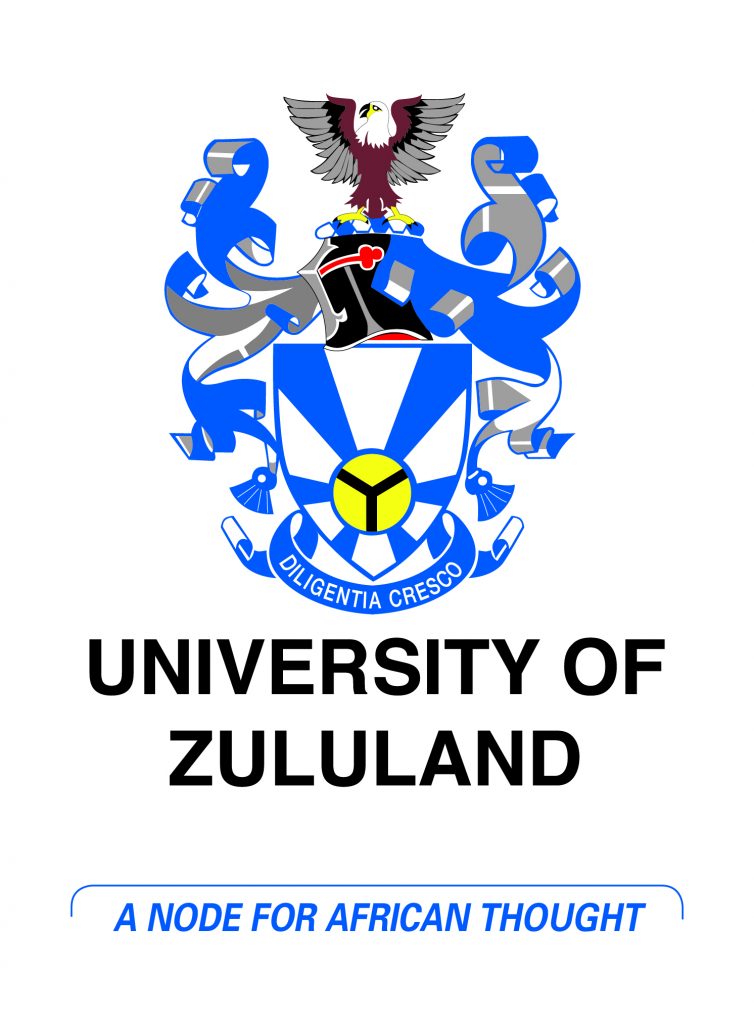Original Research
Aunty with a Key: Aunties’ power, status and authority in African traditional ceremonies
Submitted: 03 August 2023 | Published: 15 February 2024
About the author(s)
Phemelo C. Hellemann, Department of Education, Faculty of Education, Rhodes University, Makhanda, South AfricaThoko Sipungu, Department of Sociology, Faculty of Humanities, Rhodes University, Makhanda, South Africa
Abstract
This article offers personal reflections and scholarly observations that identify the significance of maternal and paternal aunties in bogadi and ulwaluko traditional ceremonies. Bogadi is a Tswana marital and thanksgiving ceremony between two families. It is a rite of passage for the newlyweds as they are inducted into marriage. Ulwaluko is an initiation of Xhosa boys into manhood. Through an African Feminist lens and an analytic autoethnographic methodology, the authors narrate personal experiences of their aunties roles in closed ceremonial interactions that highlighted the key role African women play in cultural rituals. Findings show that aunties are revered in African ceremonies. In both bogadi and ulwaluko ceremonies, it was evident that we revere aunties as intellectual and moral gatekeepers during these special cultural events.
Contribution: The article adds to the growing literature that seeks to write about African women positively through an empowering lens that shows their agency in cultural settings.
Keywords
Sustainable Development Goal
Metrics
Total abstract views: 1325Total article views: 794
